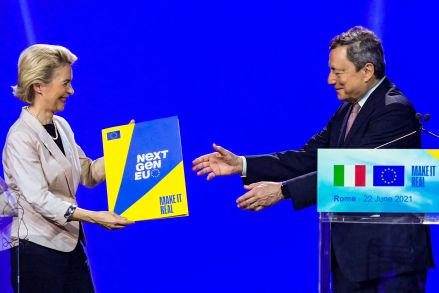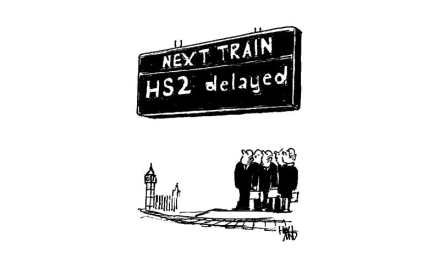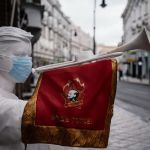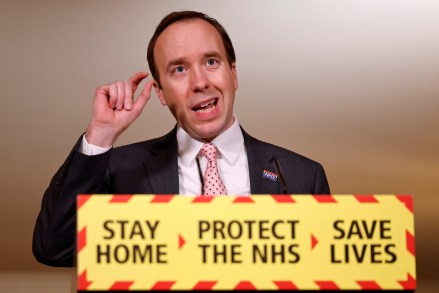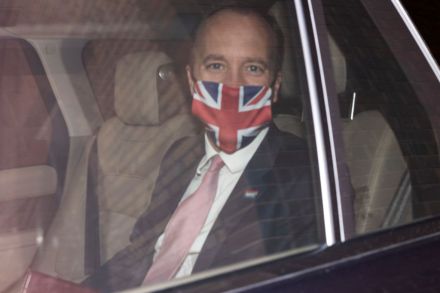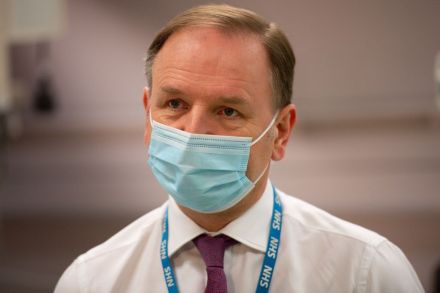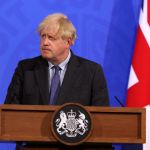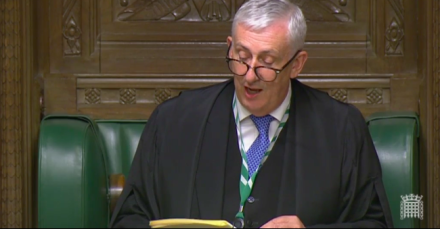Can the EU save Italy?
There’s been a lot of hype around the green light given by the European Commission yesterday to Italy’s recovery plan. But let’s break it down: the final headline numbers are €68.9 billion in EU grants by the year 2026 and €123 billion in loans. If you take the grant component, and divide it over the six-year duration, you arrive at an average of 0.6-0.7 per cent of Italy’s 2019 GDP each year. It is front-loaded, and it’s by no means a modest sum. What’s harder to accept however, is folding in the loan component to arrive at some giant fake headline number. The whole point of this exercise is not
